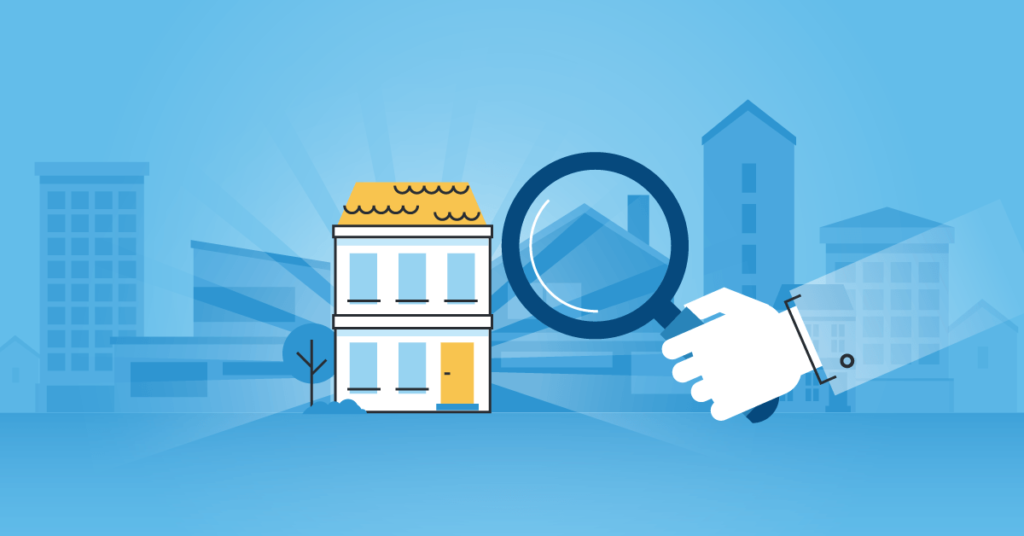Are you the owner or senior manager of a real estate company? If so, how do you market your brand and products to current and potential customers? Secondly, how does your company manage its customer relationships? Manually? Or have you implemented a Customer Relationship Management system like IXACT Contact?
These questions are all valid and deserve a considered answer. Therefore, by way of answering these questions, let’s look at the following points.
What is Customer Relationship Management?
Succinctly stated, according to Investopedia.com, Customer Relationship Management (CRM) refers to the “principles, practices, and guidelines that an organization follows when interacting with its customers.”
The act of gaining and keeping new customers is one of the most important, if not the most crucial part of any business organization’s lifecycle. Without customers, the company would not sell its products or services and ultimately go out of business. Ergo, without customers, there is no justification for the company’s existence.
At a foundational level, there are two ways for the company to manage its customers:
- Manually, using a paper-based system or a spreadsheet application like Microsoft Excel or Google Sheets.
- Automatically, using CRM software.
It is perhaps worth noting that the most expensive, and most time-consuming part of the customer relationship lifecycle is converting visitors or leads into returning customers. Once customers has been converted, it is much easier to retain them.
However, this does not mean that the company’s sales and marketing teams can relax and forget about existing customers. If existing clients are not looked after and made to feel special, they will move to a competitive brand that makes them feel special and wanted.
As described above, there are two ways to manage the company-client relationship, manual or automatic.
While the manual process is doable, but when compared to the modern CRM system, it is clear that using spreadsheets or even a paper-based system is lacking in its application. Additionally, there is a misconception that CRM systems are expensive and have no value to the small business owner. This is not true. No matter the size of your business, it is a good idea to implement a CRM system from the very beginning; thereby, putting Customer Relationship Management best practices into place from the start of your entrepreneurial journey.
CRM software is defined as a computerized software application specifically designed to manage the relationship between the customer and the business organization. It is all-encompassing and assists companies with the customer lifecycle, from the point where the company is converting leads into customers to retaining existing customers and driving sales figures up.
A robust, useful CRM system that adds immeasurable value to your business consists of aspects such as customer service management, lead management, workflow automation, marketing automation, and analytics and forecasting.
What is Marketing Automation?
In the modern digital age, especially one that is driven by COVID-19 and the need to social distance from other people, marketing automation has become a critical aspect of the Customer Relationship Management process.
Dom Nicastro of cmswire.com defines marketing automation as follows:
“Marketing automation is the process of using software to complete repetitive marketing tasks designed to nurture sales leads, personalize marketing messages and content and in the process, save marketers’ time and effort.”
By automating these tasks, you can be sure that all of your existing customers, qualified leads, and new customers are looked after in the manner that they expect. The ability to send personalized messages to your client-base is critical. Consumers are spoilt for choice. They can choose from any number of brands and products.
Therefore, it is crucial to send the right message to your customers to make them feel special and wanted by your brand; thus, encouraging them to purchase their new home from you or listing their existing residence for sale through your business.
Successful marketing is about understanding your brand’s target audience to adapt the way you communicate with them and what message you send. Marketing automating software automates this process. Using CRM software to automate your marketing messages allows you to categorize your target audience into groups and send personalized messages to each category.
For instance, there are three types of target audience personas, the first-time buyer, the retiree who is looking to downsize, and the family looking to upsize their residential property. Sending the same marketing emails to all three categories is only going to attract one category’s attention. If you send an email to your target audience, attracting first-time home buyers, you will ostracize the other two groups because the message is not relevant to them. As a result, it is essential to use a CRM system to categorize your target audience into one or more of these three groups and craft a specific email for each group. Your target audience will feel as though you care about each one as an individual, increasing the chance that they will purchase their new home through you or your company.
